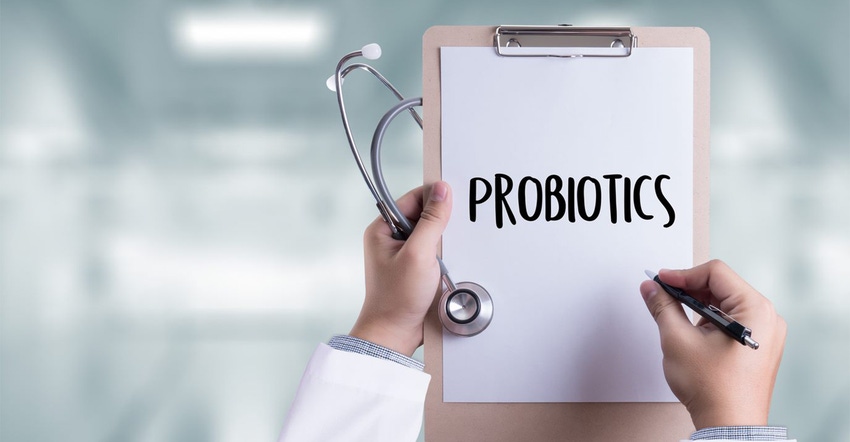According to the findings of a recent study, probiotics may have yet another unforeseen—but perhaps monumental—use.

Probiotics—helpful bacteria that aid the gut microbiota—have become a popular and sought-after ingredient in the natural products industry. Everything from yogurts and kombuchas to breakfast bars and desserts can be found with either naturally occurring or added-in probiotics to promote gut health and overall well-being.
According to the findings of a recent study, probiotics may have yet another unforeseen—but perhaps monumental—use. The study, “Effects of Probiotic Supplementation on Gastrointestinal, Sensory and Core Symptoms in Autism Spectrum Disorders: A Randomized Controlled Trial,” published in Frontiers of Science, concluded that “we have observed in children without GI [gastrointestinal] symptoms treated with probiotics significant modification of core ASD symptoms measured by the ADOS-CSS scores (specifically Social-Affect domain) that are unrelated to the specific intermediation of the probiotic effect on GI symptoms.”
The authors conducted a double-blind randomized, placebo-controlled trial of 85 preschoolers with Autism Spectrum Disorder (ASD) with a mean age of 4.2 years. Participants were randomly assigned to probiotics or placebo for six months. The probiotic supplement was the De Simone Formulation (DSF), a patented mixture already approved for use in children (marketed as Vivomixx in the E.U. and Visbiome in the U.S.). Each packet contained 450 billion colony-forming units (CFU) of eight probiotic strains: Streptococcus thermophilus, Bifidobacterium breve, Bifidobacterium longum, Bifidobacterium infantis, Lactobacillus acidophilus, Lactobacillus plantarum, Lactobacillus para-casei and Lactobacillus delbrueckii subsp. bulgaricus.
The results were fascinating.
The authors noted, “No differences between groups were detected on the primary outcome measure, the Total Autism Diagnostic Observation Schedule - Calibrated Severity Score (ADOS-CSS).” However, a secondary analysis of the results highlighted two important findings. When the participants were broken into two groups—those with or without GI symptoms—the effects of the probiotics were more pronounced. According to the authors, “the [no GI symptom] group treated with probiotics [experienced] a significant decline in ADOS scores as compared to that in the placebo group, with a mean reduction of 0.81 in Total ADOS CSS and of 1.14 in Social-Affect ADOS CSS over six months.” Alternatively, “the [GI symptom] group treated with probiotics … found greater improvements in some GI symptoms, adaptive functioning and sensory profiles than in the GI group treated with placebo."
The authors noted, “These results suggest potentially positive effects of probiotics on core autism symptoms in a subset of ASD children independent of the specific intermediation of the probiotic effect on GI symptoms.”
These results, according to the authors, should pave the way for further studies on larger populations with the hope of ultimately improving the precision of medicine in ASD.
About the Author(s)
You May Also Like






